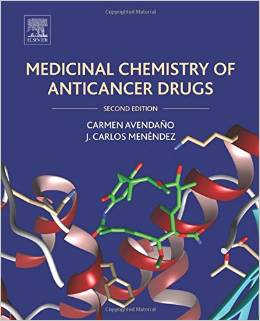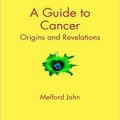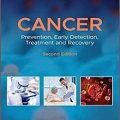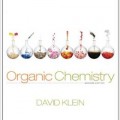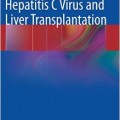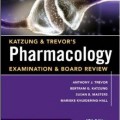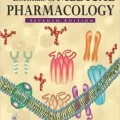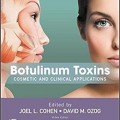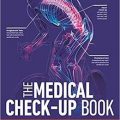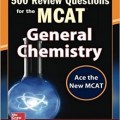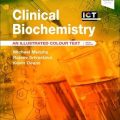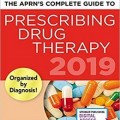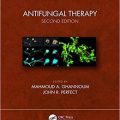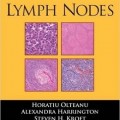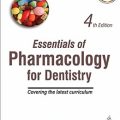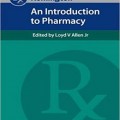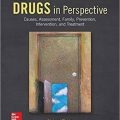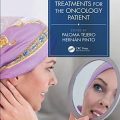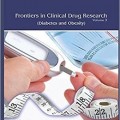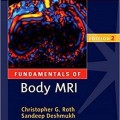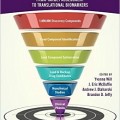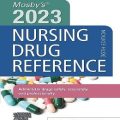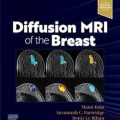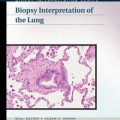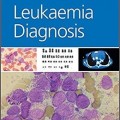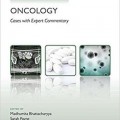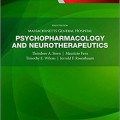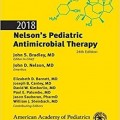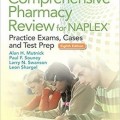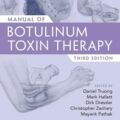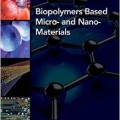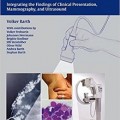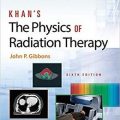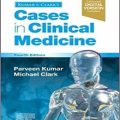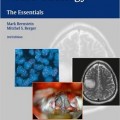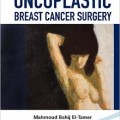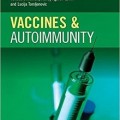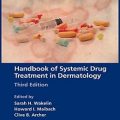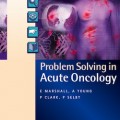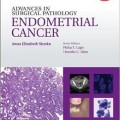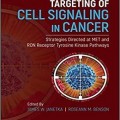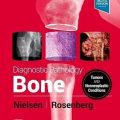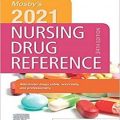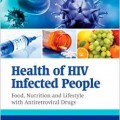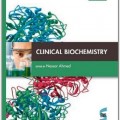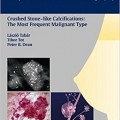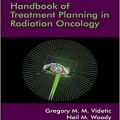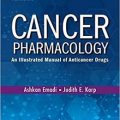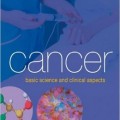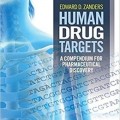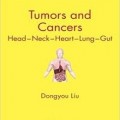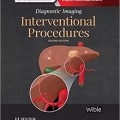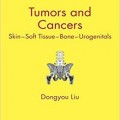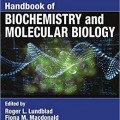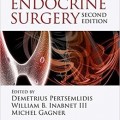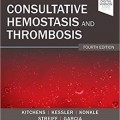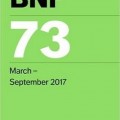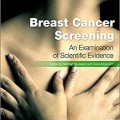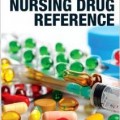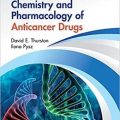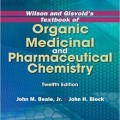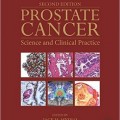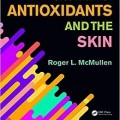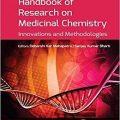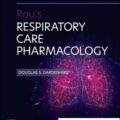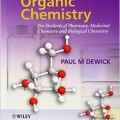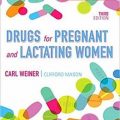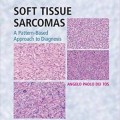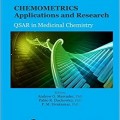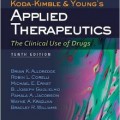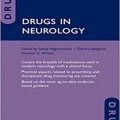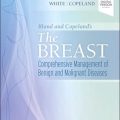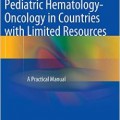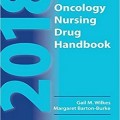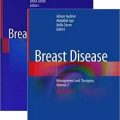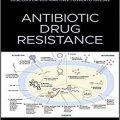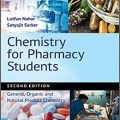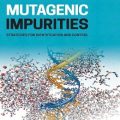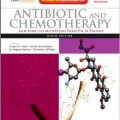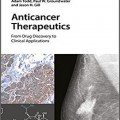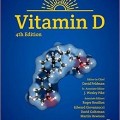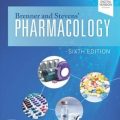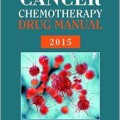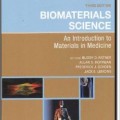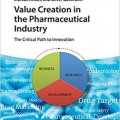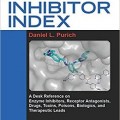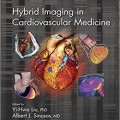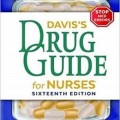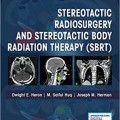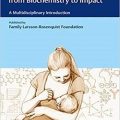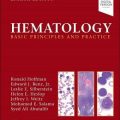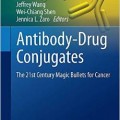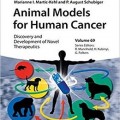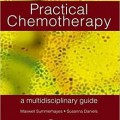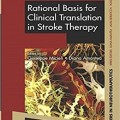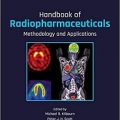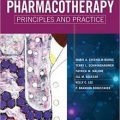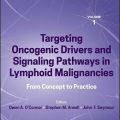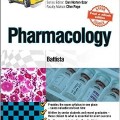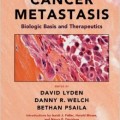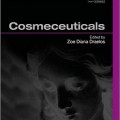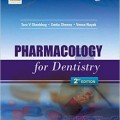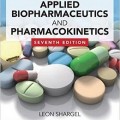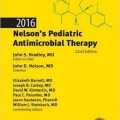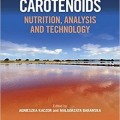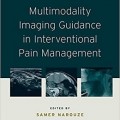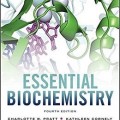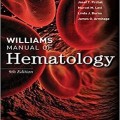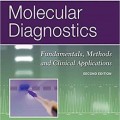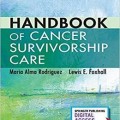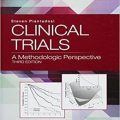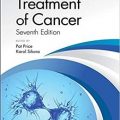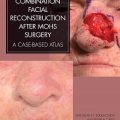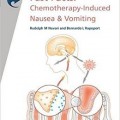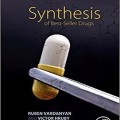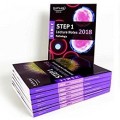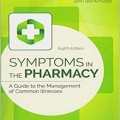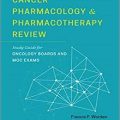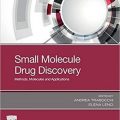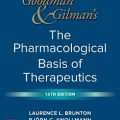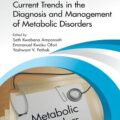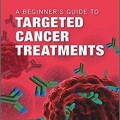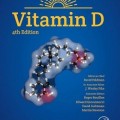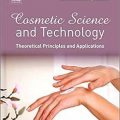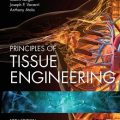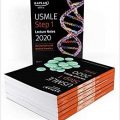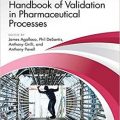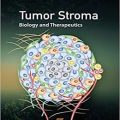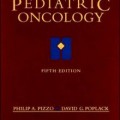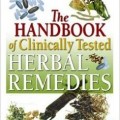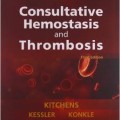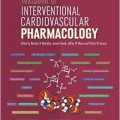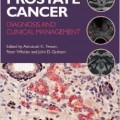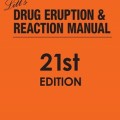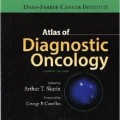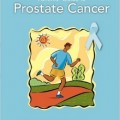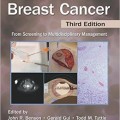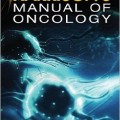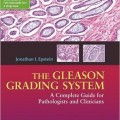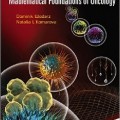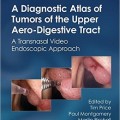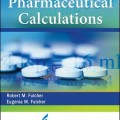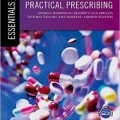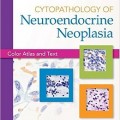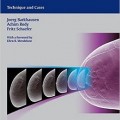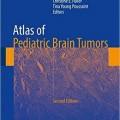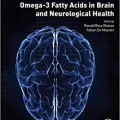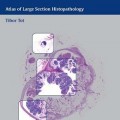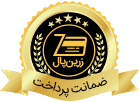دانلود کتاب شیمی دارویی داروهای ضد سرطان
Medicinal Chemistry of Anticancer Drugs, 2ed
Medicinal Chemistry of Anticancer Drugs, Second Edition, provides an updated treatment from the point of view of medicinal chemistry and drug design, focusing on the mechanism of action of antitumor drugs from the molecular level, and on the relationship between chemical structure and chemical and biochemical reactivity of antitumor agents.
Antitumor chemotherapy is a very active field of research, and a huge amount of information on the topic is generated every year. Cytotoxic chemotherapy is gradually being supplemented by a new generation of drugs that recognize specific targets on the surface or inside cancer cells, and resistance to antitumor drugs continues to be investigated. While these therapies are in their infancy, they hold promise of more effective therapies with fewer side effects.
Although many books are available that deal with clinical aspects of cancer chemotherapy, this book provides a sorely needed update from the point of view of medicinal chemistry and drug design.
- Presents information in a clear and concise way using a large number of figures
- Historical background provides insights on how the process of drug discovery in the anticancer field has evolved
- Extensive references to primary literature
From the Back Cover
Medicinal Chemistry of Anticancer Drugs, Second Edition, reviews all aspects of drug design and discovery in the cancer field and discusses the different types of cancer treatment and prevention. Organized by the target involved in the primary mechanism of action of each drug, the book focuses on the mechanism of action of antitumor drugs from the molecular point of view and on the relationship between chemical structure and chemical and biochemical reactivity of antitumor agents. Through a mechanistic approach, this valuable guide provides the reader with the principles of modern drug design methods and their application in the cancer field.
Key Features
- Explains with many clear figures the biological basis of cancer treatment and the role of chemists in developing and improving anticancer drugs
- Provides historical background alongside a comprehensive and practical guide on cancer research and anticancer drug development
- Covers drugs used in cancer therapy and those under clinical study
- Examines different approaches to treating cancer, drug resistance, and cancer prevention
New to This Edition
- All chapters have been thoroughly rewritten and updated, including new material covering the latest anticancer drug strategies, inclusion of drug trade names, color in figures, and a large number of three-dimensional structures of drug-target complexes to aid mechanistic discussions
- Comprehensive list of FDA-approved anticancer drugs and their connections to each chapter (Chapter 1)
- Section describing the chemical foundations of radiotherapy, radioisotope targeting, and drugs used to improve the results of radiotherapy (Chapter 4)
- New chapter on epigenetic cancer therapy (Chapter 8)
- Expanded treatment of small molecules acting on kinases involved in signaling pathways (Chapter 10), including new topics such as drugs targeting hepatocyte growth factor receptor (HGFR), fibroblast growth factor receptor (FGFR), anaplastic lymphoma kinase (ALK), JAK-STAT and PRL pathways, tropomyosin receptor kinase (Trk), Bruton’s tyrosine kinase (BTK), checkpoint kinases (CHKs), Pim kinases, and transforming growth factor-β (TGF-β)-Smad signaling
- New sections devoted to topics of current interest in the area of targeted cancer therapy, including proteolytic enzymes as anticancer targets (NEDD 8 activating enzyme, anaphase-promoting complex, aminopeptidase N, and cathepsin); cancer stem cells acting on the Wingless/β-Catenin (Wnt/β-Cat), Notch, and Hedgehog signaling pathways; and drugs that interfere with oncogenic protein-protein interactions, with special emphasis on anticancer drugs acting on apoptotic signaling pathways (Chapter 11)
- New chapter dealing with biological cancer therapy comprising topics such as monoclonal antibodies, cancer immunotherapy including cancer vaccines, cancer gene therapy, and antisense oligonucleotides (Chapter 12)
- A more in-depth study of methods for the specific delivery of anticancer drugs into tumors, especially those involving nanotechnologies (Chapter 13)
About the Author
José Carlos Menéndez was born in Madrid (1960) and obtained degrees in Pharmacy from Universidad Complutense at Madrid, UCM (1982, with Excellence Award) and Chemistry from UNED (1985) followed by a Ph.D. in Pharmacy from UCM in 1988, under the supervision of Dr. Mónica M. Söllhuber, with Excellence Award. In August 1988, he joined the group of Professor Steven V. Ley at Imperial College, London, where he worked on the total synthesis of the natural ionophoric antibiotic routiennocin. In September 1989, he returned as a Profesor Titular to the Organic and Medicinal Chemistry Department at UCM, where he has pursued his teaching and research career ever since, having obtained Accreditation as a Full Professor in 2010. He has varied research interests, related, on one hand, to medicinal chemistry work in the fields of neurodegeneration (prion disease, Alzheimer’s disease, ischemic injury) and chemotherapy (cancer, tuberculosis, leishmaniasis). Other projects pursued in his group are focused on the development of new synthetic methodology, including work on microwave-assisted organic synthesis, CAN as a catalyst for organic synthesis, green chemistry and the development new domino and multicomponent reactions for the preparation of biologically relevant bicyclic systems and nitrogen heterocycles. This work has been documented in about 210 research papers, reviews and chapters and 9 patents. Additionally, he has co-authored two textbooks in Medicinal Chemistry for McGraw-Hill Interamericana (?Introducción a la Química Farmacéutica, 2nd Ed.” 2001 and “Ejercicios de Química Farmacéutica”, 1997), and a third one for Elsevier (“Medicinal Chemistry of Anticancer Drugs”, 2008). He is the coordinator of a Master Course on Drug Discovery, and the coordinator at UCM of a Ph.D. program in Medicinal Chemistry. He has collaborated with many research groups in UK, Italy, France, and India and also has some long-standing collaborations with several chemical and pharmaceutical Spanish companies. He has been the head of the Organic Microanalysis service at UCM since its creation in 1991. Since 2004, he is a Corresponding Member of the Spanish Royal Academy of Pharmacy. He has been a Visiting Professor at Université Paul Cézanne (Aix-Marseille III, France) in 2007 and at the Istituto di Studi Avanzati (ISA), Bologna University, Italy, in 2014.


